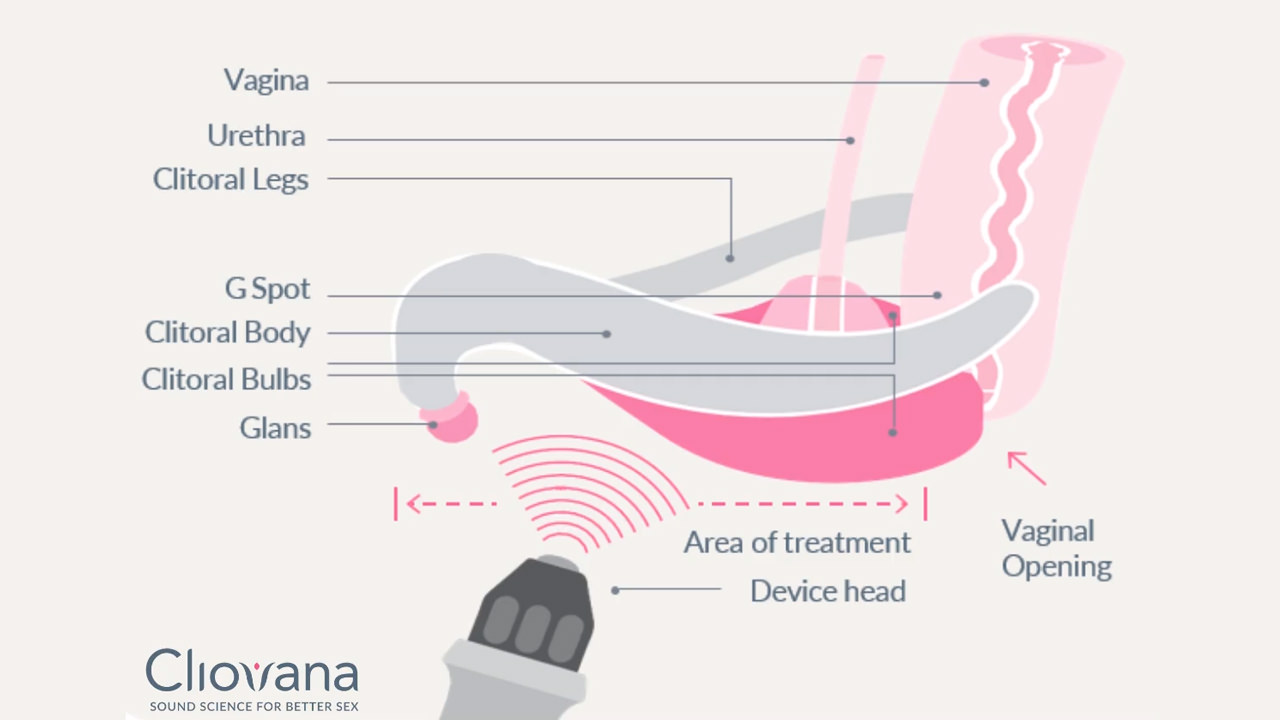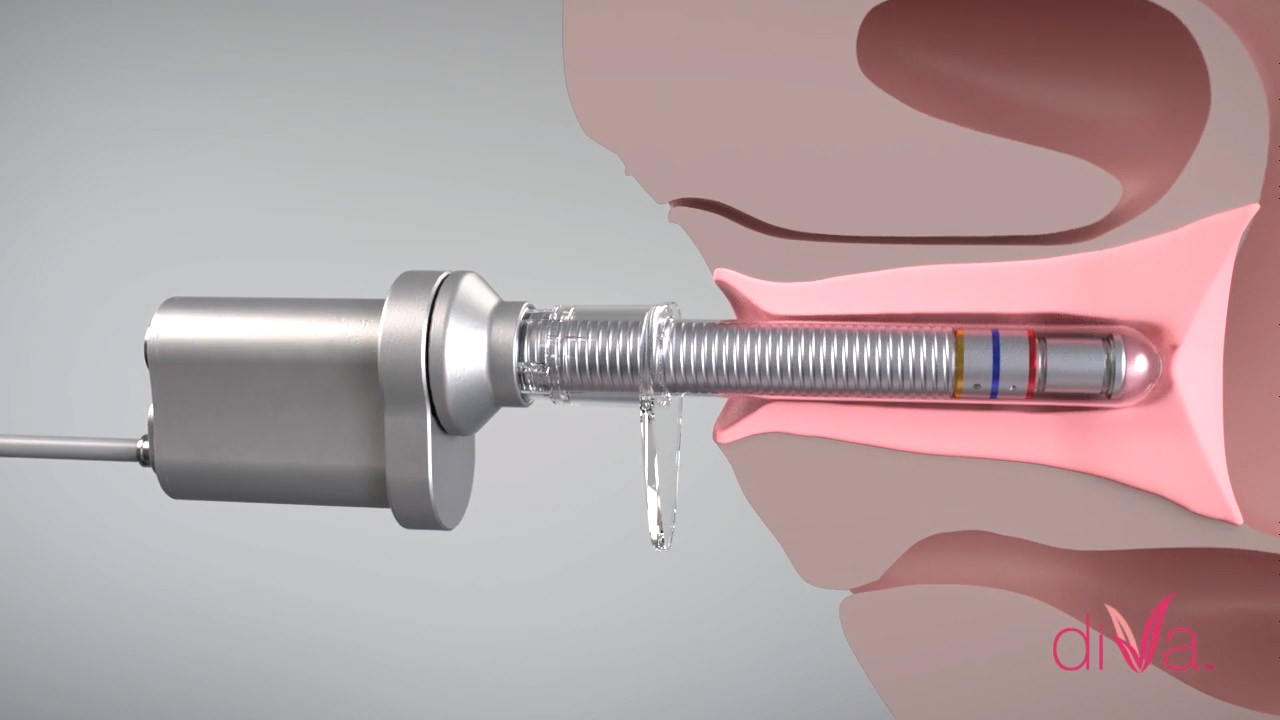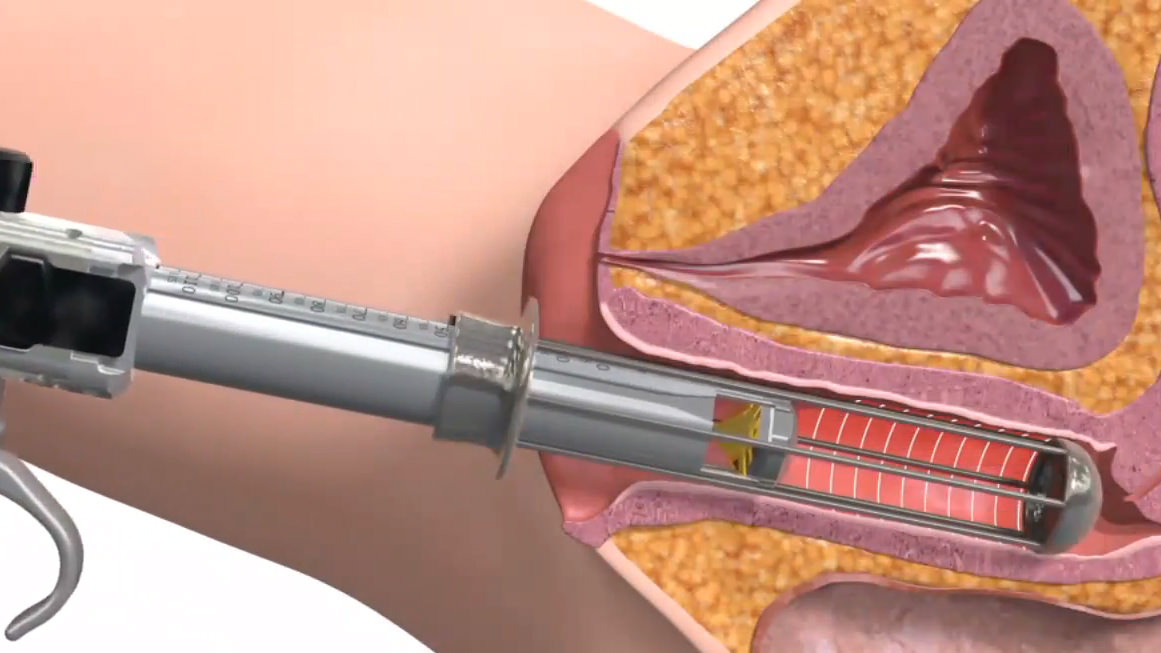What is vaginal laxity?
Vaginal laxity is a health and self-esteem issue for many women, although not many want to talk about it. The term refers to a “looseness” in the vagina. Women with this problem often lose sexual satisfaction because there is less vaginal sensation during intercourse. Some women then lose confidence, concerned that a compromised sex life will have a negative impact on their relationships.
The elasticity of a woman’s pelvic muscles often determines her sexual well-being and the condition of her bladder control mechanism. When the pelvic muscles contract and relax with ease, the urogenital apparatus is considered to be in good function. Aging, frequent pregnancies, difficult childbirth, menopause, or the aftereffects of medical procedures such as hysterectomies and chemotherapy, are all causes that can trigger the weakening and lack of elasticity of the pelvic muscles.











